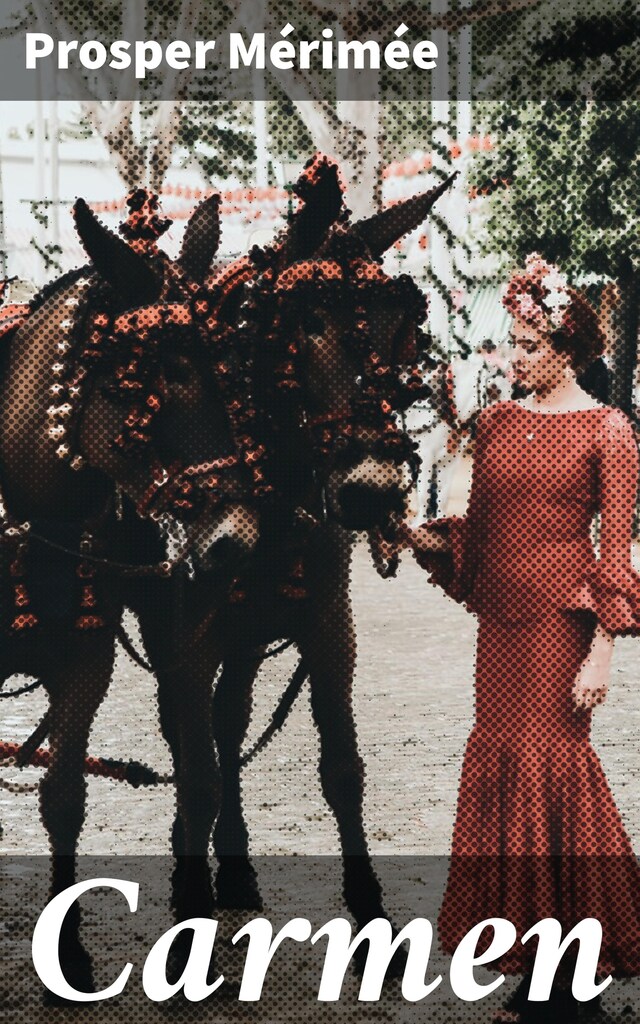
Carmen
A Tale of Passion, Betrayal, and Cultural Clash in 19th Century Spain
Description of book
In "Carmen," Prosper M√©rim√©e serves a compelling narrative intertwining passion and fate within the vibrant context of 19th-century Spain. Through a rich tapestry of lyrical and evocative prose, M√©rim√©e presents the story of a fiery Romani woman, Carmen, whose irresistible allure and defiance of social norms bring both enchantment and tragedy. The novella masterfully employs a first-person perspective, enhancing the immediacy of the tale as the narrator, a captivated Frenchman, recounts his intense encounters with the titular character. This work reflects the Romantic literary movement while foreshadowing elements of realism, showcasing the cultural tensions of the time, particularly the struggles between freedom and social constraints. Prosper M√©rim√©e, a prominent French playwright, novelist, and historian, was deeply influenced by his travels and fascination with Spanish culture, which profoundly informed his writing. His diverse background in law and passion for anthropology shed light on character motivations and societal dynamics. M√©rim√©e'Äôs expertise in historical research allowed him to portray the life and customs of the Andalusian gypsies with authenticity and depth, leading to the nuanced portrayal of Carmen as a symbol of both liberation and destruction. This novella is a must-read for those intrigued by complex female characters and the exploration of themes such as love, betrayal, and the search for identity. "Carmen" captivates readers not only through its dramatic narrative but also through its rich exploration of cultural contrasts. Readers will find themselves both enchanted and provoked to reflect on the dualities of human temperament, making it a pivotal work in understanding the foundations of modern narrative.
 Prosper Mérimée
Prosper Mérimée 83 Pages
83 Pages